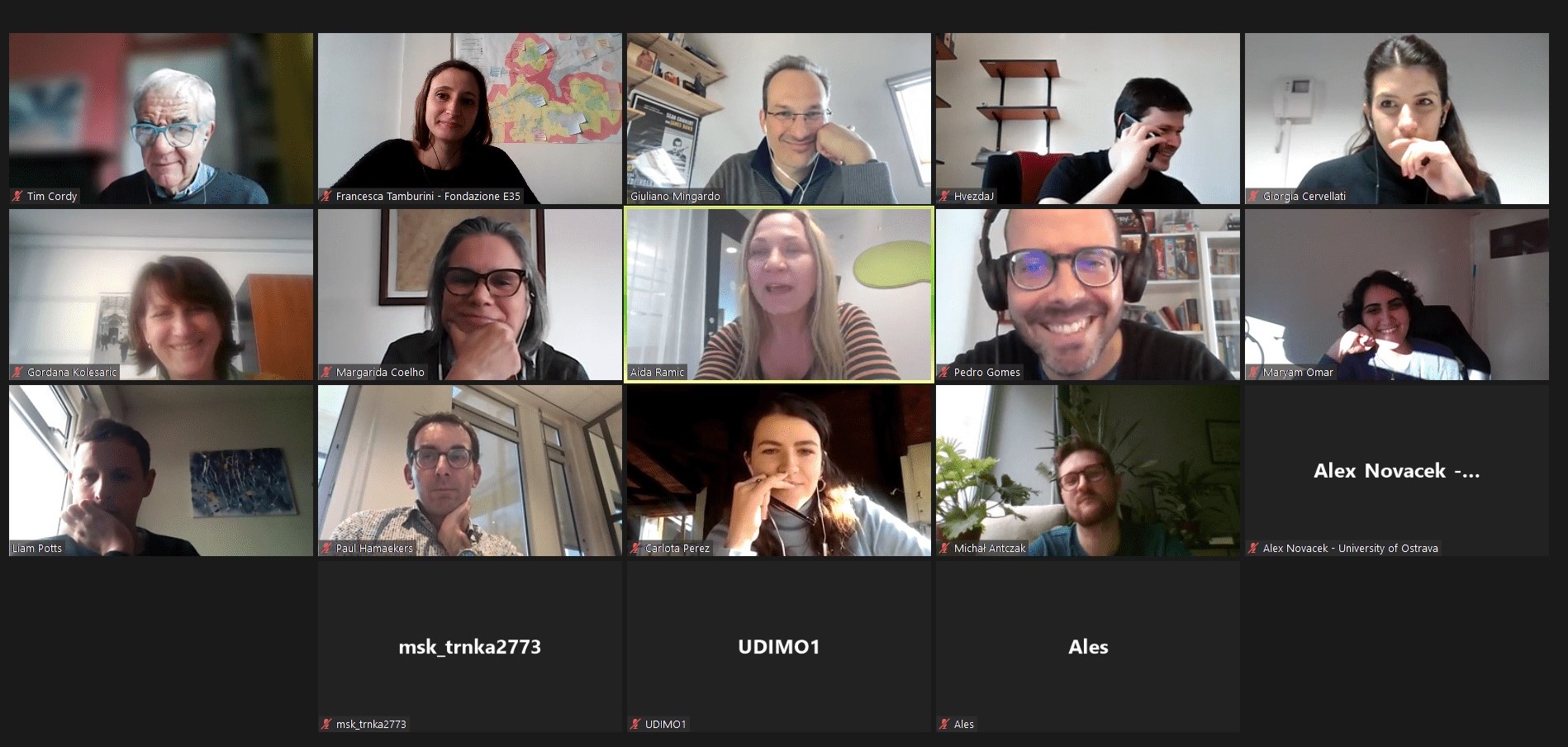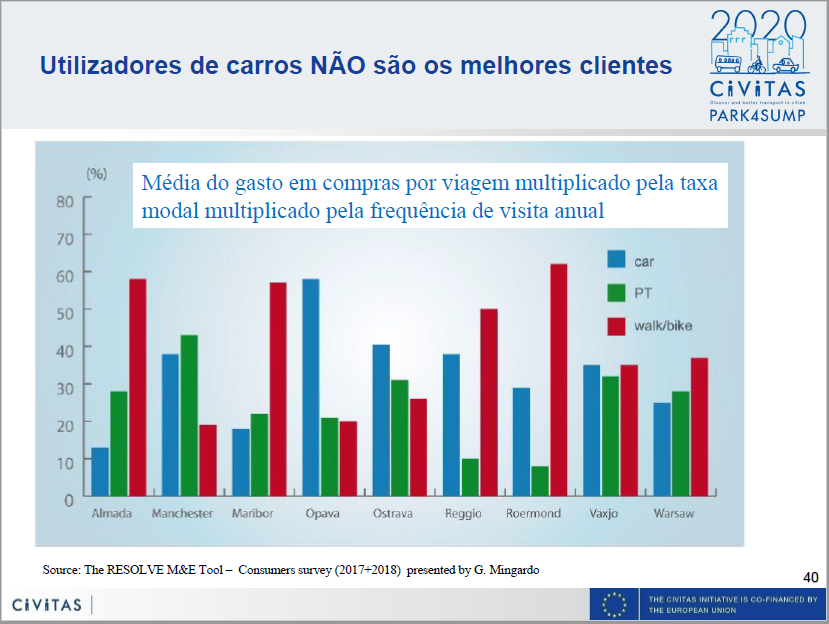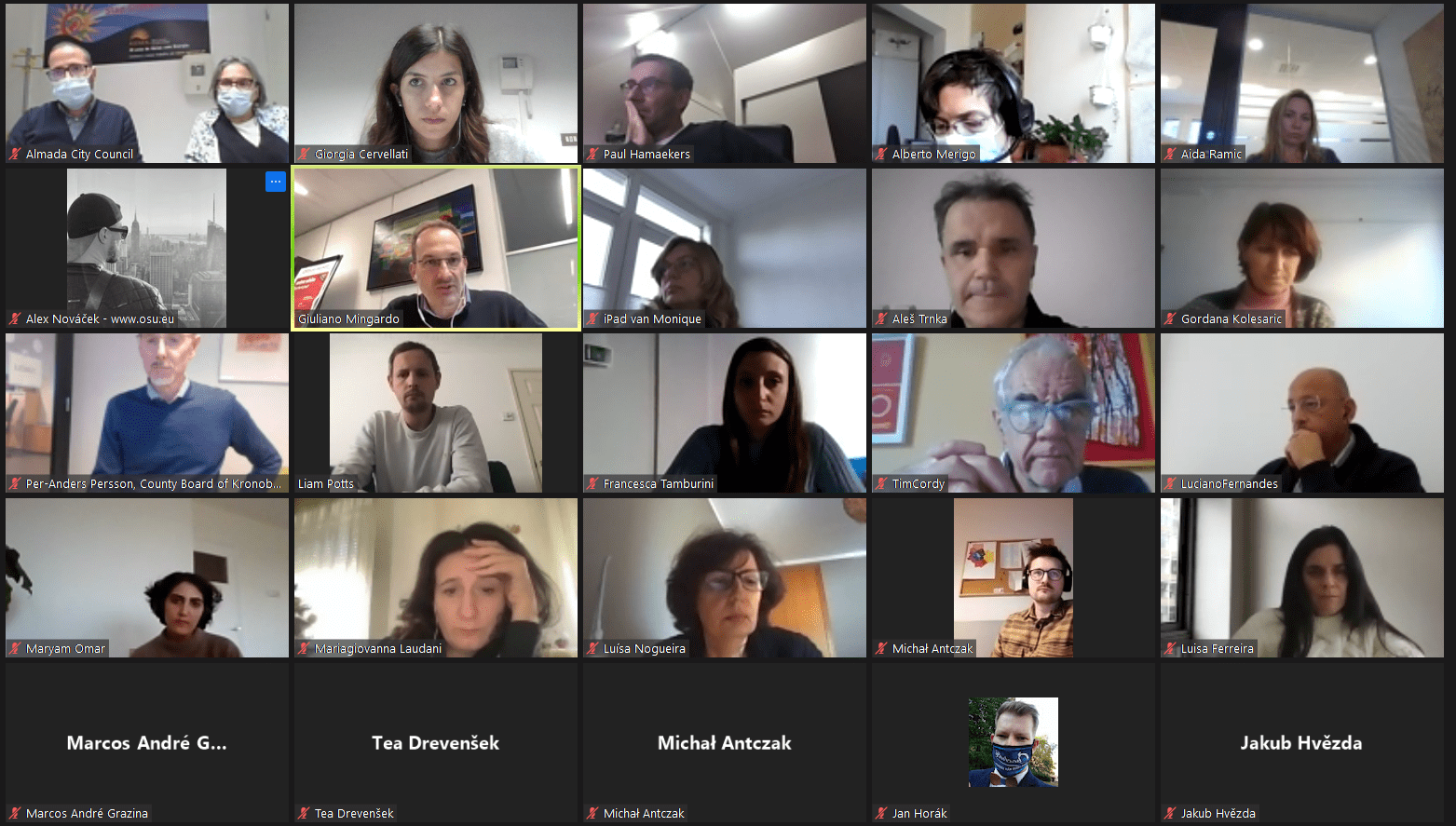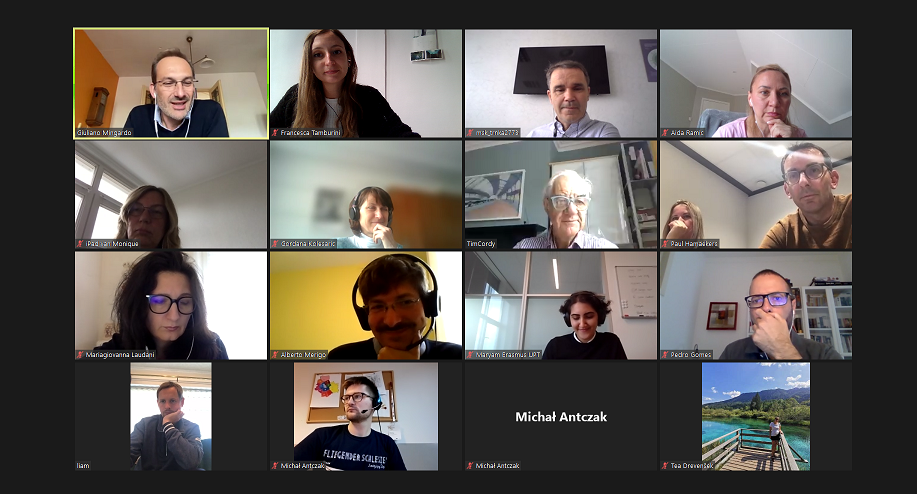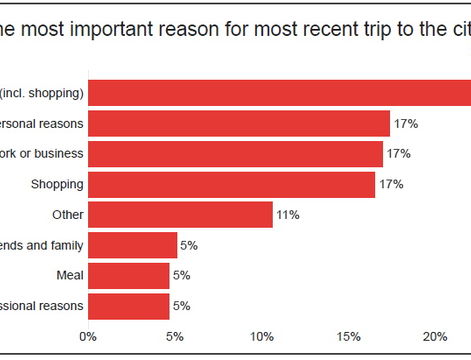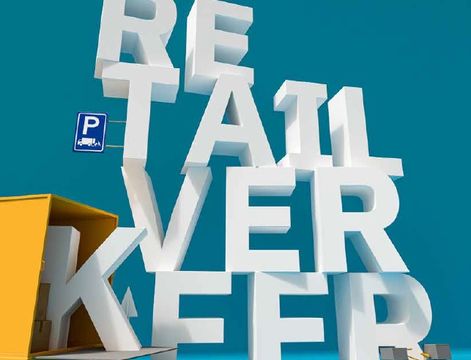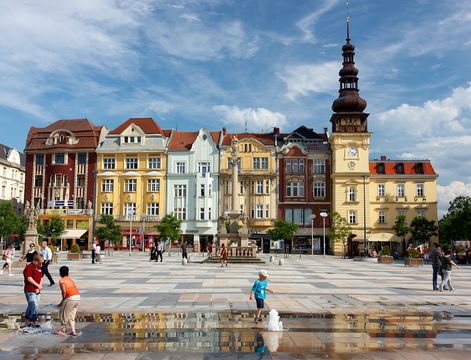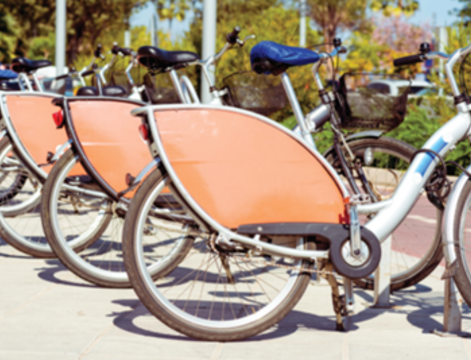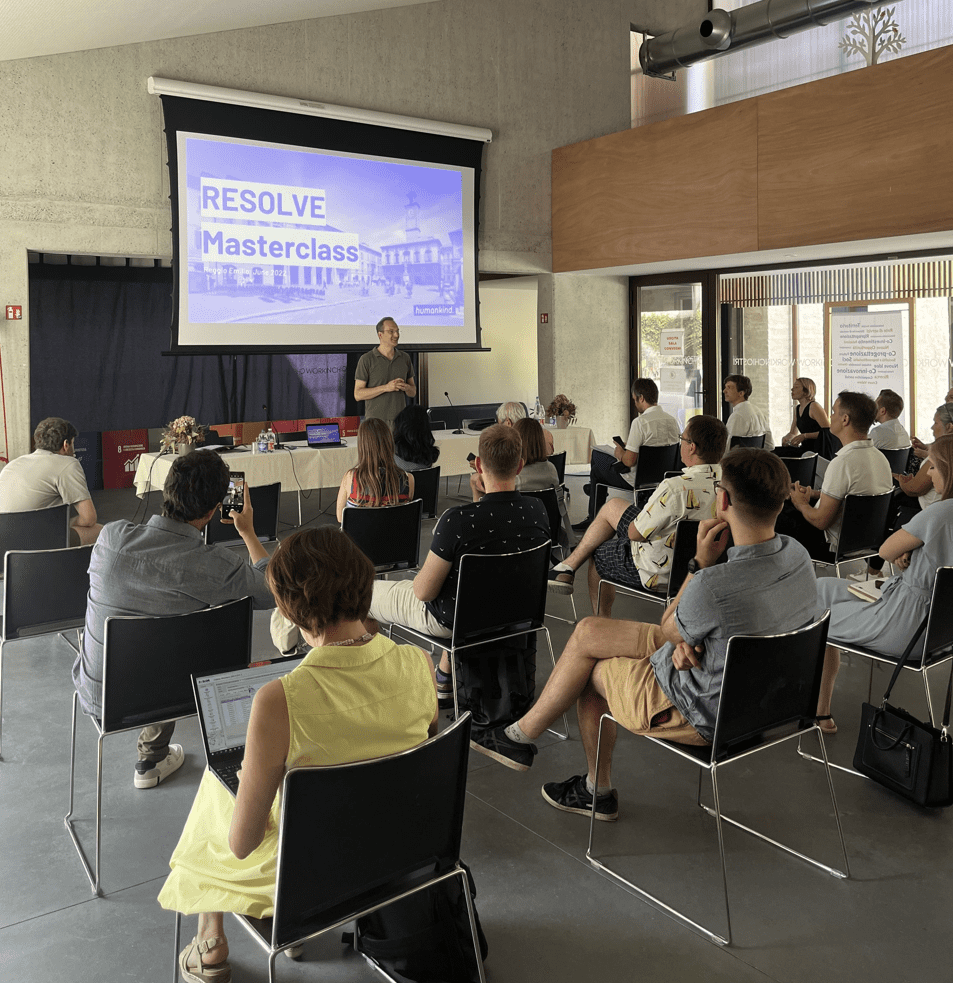At the end of September 2020, the City of Warsaw hosted an on-line peer review meeting which was organized in collaboration with Interreg Europe Policy Learning Platform. The main goal was to discuss the issues regarding the urban logistics strategy and possible good practices to be implemented in Warsaw. Peers from Utrecht, Barcelona, Vilnius, Greece and Portugal were invited to share their experience as well as to advise Warsaw in two urgent questions: how to develop the strategy document and how to manage the pilot project.
There were about 40 attendees taking part in this two-days meeting, mainly the Warsaw officials, officers and stakeholders. Thanks to the online mode, some sessions were made open for a wider public. There was also a session of debate and discussion among participants.
The recommendations involved two topics:
- Systematic approach
Currently, there is lack of a coherent city policy regarding urban logistics. The city of Warsaw conducted few surveys and has a basic overview but no specific and more advanced actions were made. No systematic solutions were introduced.
The biggest challenge for Warsaw is to start building a Warsaw logistics policy. The question to answer is, what should be taken into account. How to start working on a strategy? Who should be involved? What are the key parts of the strategy? How to formulate the goal of the strategy? The City of Warsaw is now working on the Warsaw Mobility Policy and this is a right moment to improve it by framing the urban logistics policy.
Experts showed a few methods of building the policy documents. The basis of the strategy should be a clear and well defined goal, easy to quantify. During the session the poll was conducted. It shows that the most important goal is unquestionably the road safety – it received almost 100 % of votes.
- Pilot project
At present, many construction projects are being developed in the centre of Warsaw. It is hard to find a similar scale of construction in the past. The development of the market, which causes increased traffic of building materials supply to construction sites, has a huge negative impact on the road traffic. Construction sites are often located in the narrow downtown streets which are not adapted to handle this kind of traffic. Nowadays, when obtaining permission to build a building, it is not required to present the impact of increased truck traffic on the investment area and the city of Warsaw has no influence and no control on the traffic flow.
Experts proposed step-by-step solutions. Warsaw may start from changing the public procurement process and to award procedures which will take into account the carbon-intensity of the construction work. Next step is to choose open-minded and ready to innovate actors willing to work together with the city. The specific methods should be developed in close cooperation with them.
The meeting, despite the on-line format was very intense and packed with knowledge. Thanks to the engagement of the peers, Warsaw had a great opportunity to take a great insight into urban logistics issues.


